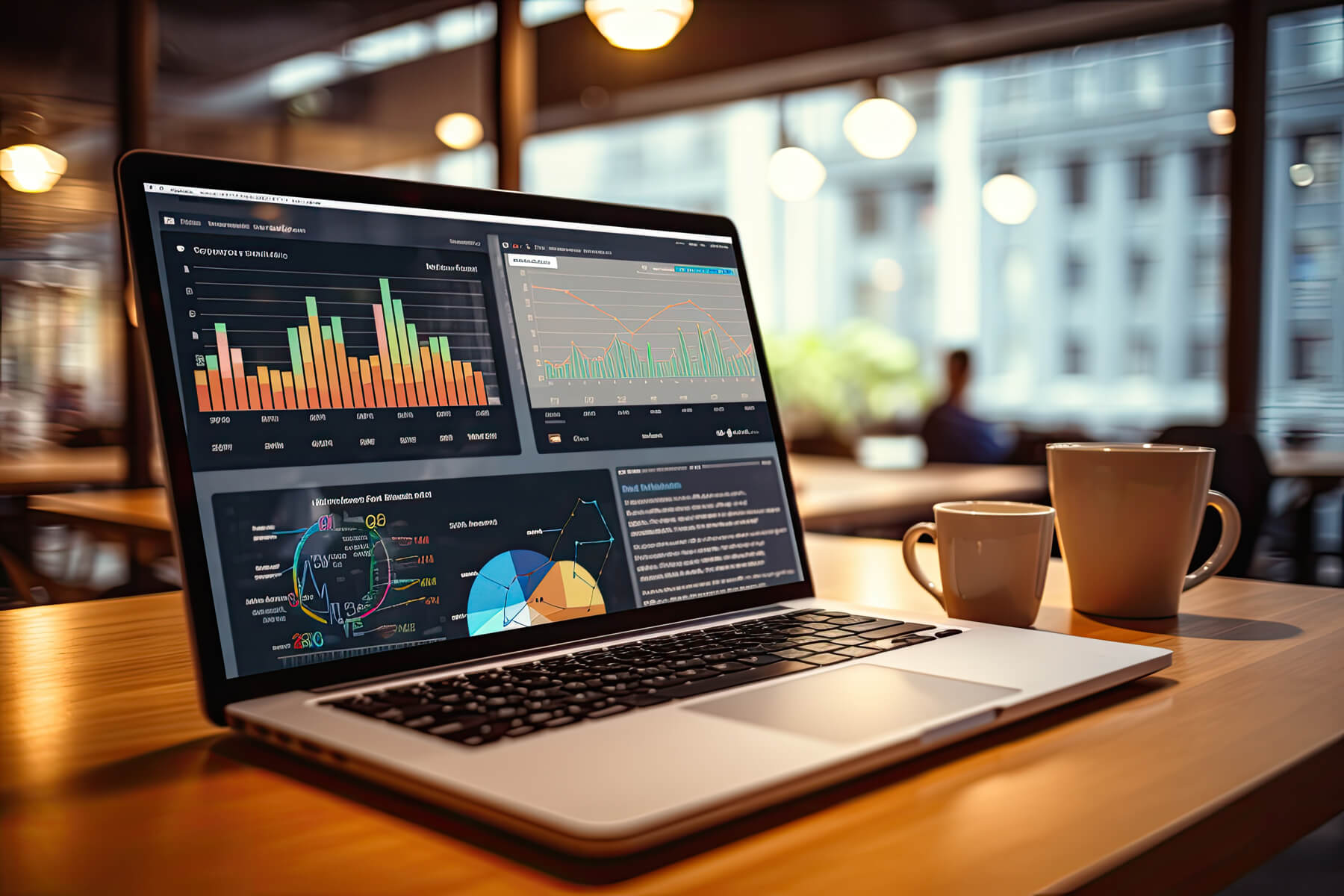If your business is already a regular and heavy user of Google Analytics (logging in every day) and the insights you gain are a vital part of your lead generation programme, then the pending change to GA4 analytics is important. Otherwise, I do not think you need to worry.
To put this in to perspective, of the 122 websites Crush currently manages (mainly b2b & SMEs) for clients, none of them engage in this depth of website analytics. This is not because analytics have no value, but because the investment and resulting ROI is not there for companies that are not solely dependent on digital marketing.

What is the cost of Google GA4 analytics?
Whilst Google’s GA4 analytics is free, the cost of using it properly will require either your time or someone else’s expertise and usually both. This is likely to feel expensive to the vast majority of businesses.
As a result, most businesses just access the basic information from Google Analytics, and infrequently, typically to find out:
- How many people visited their website?
- How long do they stay?
- What pages do they like?
Do I need to update to GA4?
For the large majority, no, not yet.
In fact, there is a good argument to exclude GA4 from your website altogether, particularly if you have not reviewed the data in the past 6 months, because the ‘tag firing’ process will slow down your website speed.
Think of it like that old box of wires you keep “just in case” but never actually use. This may seem harmless, but the box takes up room and slows you down when looking for other stuff.
Who is GA4 analytics important for?
In 2023, you will know if GA4 is important to your business, because you are already actively using traditional Universal Analytics, Google AdWords, Bing Webmaster, Meta Pixel and/or Linked Marketing.
It is also something to look at if you are ambition for future potential growth and the resources to fully embrace the technology, as it is your chance to play big brother with your entire audience.
Use a digital sales funnel to get full value from GA4
GA4 can put you in the position of big brother to some extent, however it is one thing to know who and how your audience is behaving, but another to implement a system to use that insight to improve your sales.
We use the hourglass marketing funnel to help detail the stages of winning over a new customer, taking them from a stranger to being a loyal and repeat customer.
GA4 is excellent at helping you gain insight to every stage of the funnel and then improve.

For this sales funnel to be effective all activities to be synchronised, and more.
- Audience data and insight
- Strategic content marketing plan
- Content creators
- Social marketing
- Search marketing
- Website with clear customer journeys
- Email marketing
- POS marketing
- And most important, a good CRM at the centre
Get all this in place, and the new GA4 analytics will be hugely valuable.
Difference between old Analytics and new GA4
Google’s Universal Analytics is an old piece of code with an incredibly history, being responsible for revolutionising digital analytics. At a guess 75 million website use Google tracking.
At inception, Universal Analytics was designed to capture statistics on one website; visits and actions.
The new GA4 is designed to track outcomes and behaviour, and across multiple sites and apps.
This is based on the view that the number of visitors to a shop is not the important information. What is important to GA4 is who bought something, where did they come from and what do they do along the way so we can find more customers and achieve better conversion rates.
You will have to convert to GA4 at some point
Google is threatening cut off for Universal Analytics in 2024. This is because GA4 captures different data to Google Universal, and Google will not want to run to free-of-charge services.
However this will require a migration of 75 million website, which in no mean feat.
My view is that the true deadline is end of 2025, but this is a guess!
